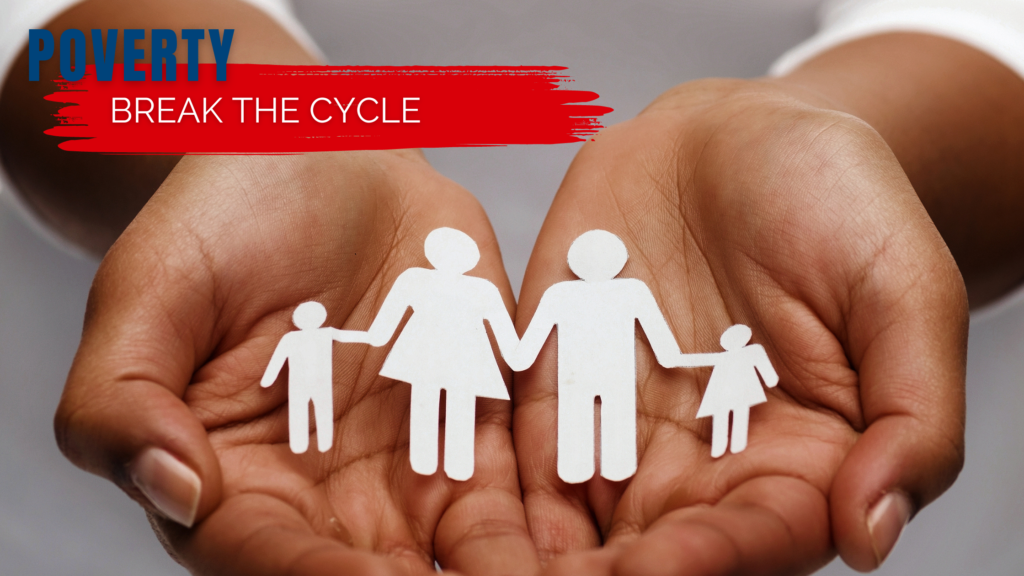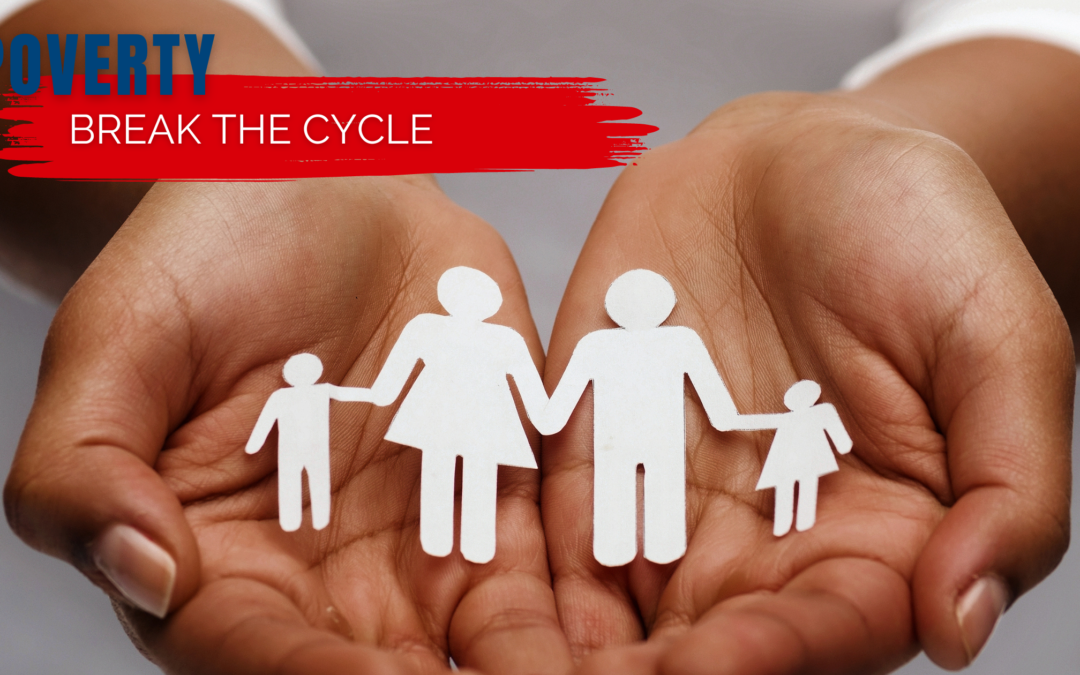
To wrap up our March blog posts inspired by our recent poverty simulation activity with Leadership Metro Richmond, let’s tackle a topic that’s both challenging and hopeful: breaking the cycle of generational poverty.
Cycles of Disadvantage
What exactly is generational poverty? It is more than just a lack of financial resources. It is a cycle of disadvantage, often passed down from one generation to the next. The roots of generational poverty can run deep, stemming from systemic inequalities. These inequalities include limited access to education and job opportunities, and a lack of social support networks. Generational poverty is sometimes related to cycles we see regarding childhood trauma, as well.
Many consider education to be the great equalizer, and for good reason. By investing in education—both formal and informal—we can provide individuals with the tools they need to succeed. However, fully investing in education means ensuring access to quality early childhood education, supporting students through their academic journey, and providing opportunities for lifelong learning and skill development. In doing so, we can help break down barriers to upward mobility.
Education is just one piece of the puzzle. Economic empowerment is also crucial. That means creating pathways to stable, well-paying jobs. It also includes providing support for entrepreneurship and small business development. By addressing economic inequalities and expanding opportunities for financial stability, families will find themselves on a better path to long-term success.
Of course, none of this happens in a vacuum. Breaking the cycle of generational poverty requires a supportive community—one that offers resources, guidance, and a helping hand when needed. That’s why it’s so important to foster a culture of empathy and compassion, where we look out for one another and lend a hand to those who are struggling. By building strong social networks and support systems, we can create a safety net that helps families weather the storms and overcome the odds.
Breaking the Cycle
So, how do we get started? It begins with a commitment to change. We must challenges the status quo. That means advocating for policies that address the root causes of poverty, supporting organizations and initiatives that are making a difference on the ground, and lifting up the voices of those who have been marginalized and disenfranchised.
This kind of high level change takes time! So while we’re waiting for the change we want to see, we can find ways to offer support on an individual level. At Henrico CASA, that means empowering families to find solutions and connecting them with the right supports and services. It also means advocating for the children’s needs – ensuring they are on an equal playing field with their peers.
Breaking the cycle of generational poverty won’t happen overnight. However, with dedication, perseverance, and a whole lot of heart, we can make meaningful progress. When we lift each other up, we all rise!








